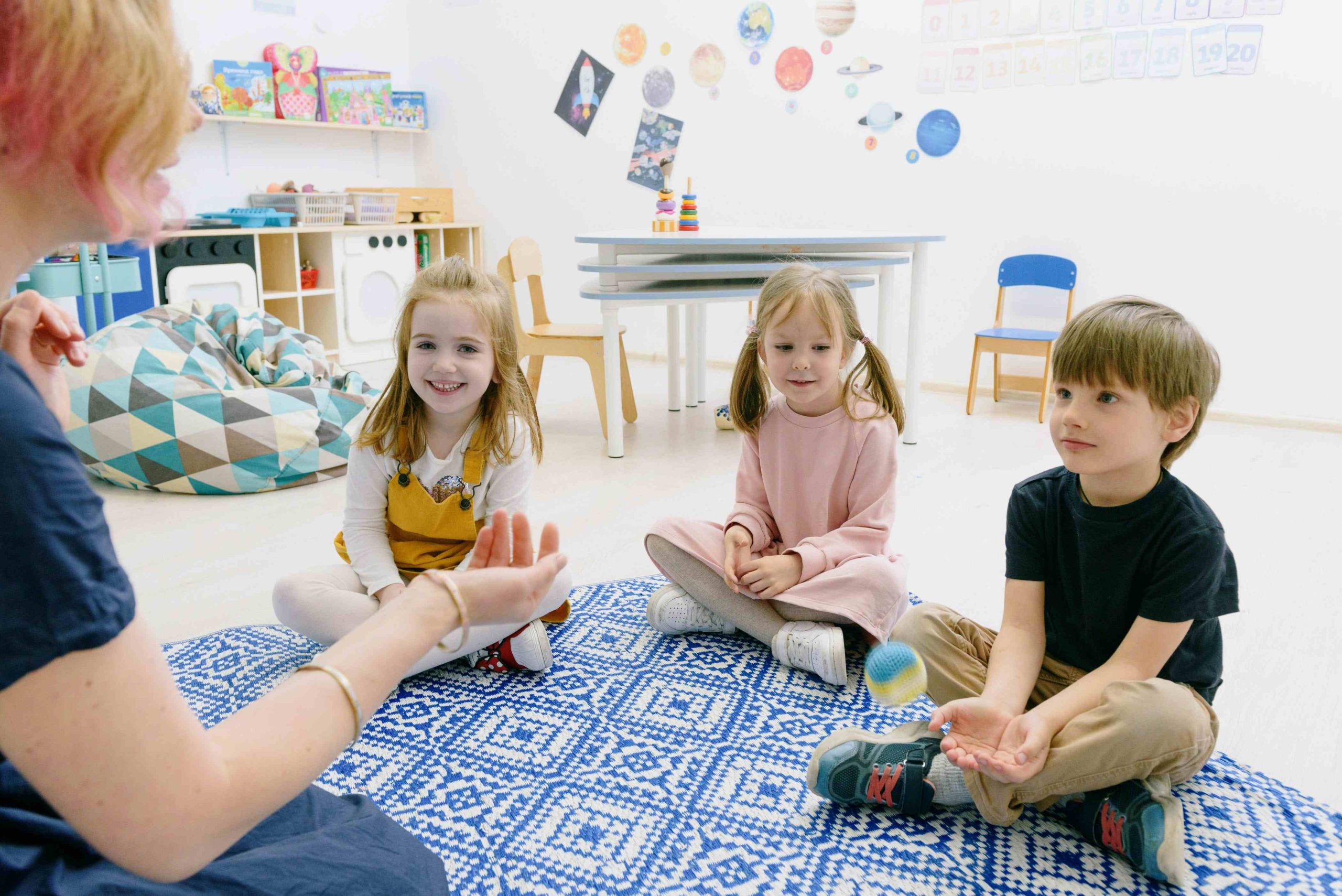
Becoming a Preschool Teacher: Expertise and Dedication
As a preschool teacher, your role encompasses shaping the early education of young children, nurturing their growth and development, and laying the foundation for their future learning. This profession demands expertise, dedication, and a genuine passion for working with preschoolers. In this article, we’ll delve into what it takes to become a preschool teacher and the essential knowledge, skills, and attributes required for success in this fulfilling career.Qualifications and Training
To become a preschool teacher, acquiring the appropriate qualifications and training is essential. Most employers mandate a Level 3 Early Years Educator qualification, involving a minimum of 350 hours of study and practical experience with preschoolers. Other relevant qualifications include a Diploma in Childcare and Education, a Certificate in Early Childhood Studies, or a Degree in Early Years Education. In addition to formal qualifications, completing a Disclosure and Barring Service (DBS) check is necessary to ensure suitability for working with preschoolers. First aid training and safeguarding training are also crucial skills for ensuring the safety and wellbeing of preschoolers under your care.Knowledge of Child Development
A comprehensive understanding of child development, encompassing cognitive, social, emotional, and physical aspects, is paramount for preschool teachers. It’s imperative to observe and assess each child’s growth to tailor learning schedules that cater to their needs and interests. Familiarity with attachment theory, child psychology, and the role of play in education is essential. Additionally, adapting teaching strategies to accommodate diverse learning preferences is crucial.Classroom Management Skills
Effective classroom management is a cornerstone of preschool teaching. Creating a secure yet stimulating environment requires adeptness in redirection and behavior management techniques. Moreover, devising and conducting engaging activities suitable for preschoolers’ age and developmental stage is vital. Activities such as storytelling, crafting, sensory play, and outdoor exploration are examples of stimulating learning experiences.Communication and Interpersonal Skills
Strong interpersonal and communication skills are essential for effective preschool teaching. Building rapport with preschoolers, their families, and colleagues is paramount. With preschoolers, employing age-appropriate language and nonverbal cues is crucial for effective communication. Additionally, attentiveness to preschoolers’ needs and concerns, coupled with timely empathy and support, is vital, particularly in areas such as potty training and separation anxiety.Creativity and Flexibility
Preschoolers are inherently energetic and imaginative, necessitating innovative and adaptable teaching approaches. Teachers must think creatively to devise activities that capture children’s interest and foster their learning. Furthermore, modifying instruction to accommodate diverse needs, interests, and learning styles is essential. This may involve setting up various learning stations, utilizing visual aids, or adjusting delivery tempo and tone.Patience and Empathy
Patience and empathy are indispensable qualities for preschool teachers. Preschoolers may pose challenges that require repeated instructions or behavioral interventions. Maintaining composure and patience amid frustration is crucial. Additionally, empathy is vital for understanding and responding to preschoolers’ emotions, providing comfort and support as needed.Understanding the Importance of Play
Recognizing the significance of play in early childhood development is fundamental for preschool teachers. Play facilitates exploration, socialization, and physical development in preschoolers. Creating an environment conducive to play and offering diverse play opportunities, such as imaginative, constructive, and physical play, fosters creativity, problem-solving skills, and confidence in children.Building Positive Relationships with Parents
Establishing positive relationships with parents is integral to fostering a supportive learning environment for preschoolers. Effective communication, regular updates on children’s progress, and opportunities for parental involvement are essential. Collaboration with parents in shaping the curriculum and addressing concerns contributes to a supportive network for children’s wellbeing.Staying Up-to-Date with Industry Trends and Best Practices
Continuous professional development is essential for staying abreast of evolving trends and best practices in early childhood education. Keeping informed about research, teaching methodologies, and technological advancements enhances teaching effectiveness. Participation in workshops, conferences, and training programs demonstrates commitment to providing quality education for preschoolers.Nurturing a Love of Learning
Ultimately, a preschool teacher’s goal is to cultivate a passion for learning in students. Creating a positive and engaging learning environment inspires preschoolers to explore, discover, and inquire. Fostering a love of learning equips children with the skills and confidence to thrive academically and personally, setting them on a path to lifelong success.Encouraging Diversity and Inclusion
Promoting diversity and inclusion in the classroom is essential for creating an equitable learning environment. Embracing and celebrating differences among preschoolers fosters mutual respect and understanding. Establishing an inclusive atmosphere where all children feel valued and supported contributes to their overall development and wellbeing.Balancing Structure and Flexibility
Preschoolers benefit from a structured yet flexible learning environment. Establishing clear expectations and routines while accommodating children’s preferences promotes engagement and participation. Balancing structure with flexibility allows for individualized learning experiences tailored to children’s needs and interests.Promoting Early Literacy and Numeracy
Early exposure to literacy and numeracy lays the foundation for future academic success. Integrating activities that promote letter recognition, phonemic awareness, and early mathematical concepts fosters early literacy and numeracy skills. Providing varied and stimulating learning experiences encourages preschoolers’ curiosity and enthusiasm for learning.Creating a Safe and Healthy Learning Environment
Ensuring a safe and healthy learning environment is paramount for preschoolers’ wellbeing. Maintaining cleanliness, implementing safety measures, and promoting healthy habits contribute to a conducive learning environment. Awareness of health concerns and allergies enables teachers to provide appropriate support and accommodations for children’s needs.Collaboration with Parents and Families
Collaboration with parents and families is essential for supporting children’s holistic development. Open communication, parental involvement, and inclusion of family values enrich the learning experience. Strong partnerships between teachers and families create a supportive network conducive to children’s overall growth and success. In conclusion, becoming a preschool teacher entails a multifaceted role that requires a blend of skills, knowledge, and attributes. It is a profession that demands dedication, empathy, and continuous learning. By embracing the challenges and rewards of preschool teaching, educators play a vital role in shaping the future of young children and empowering them for lifelong success.

